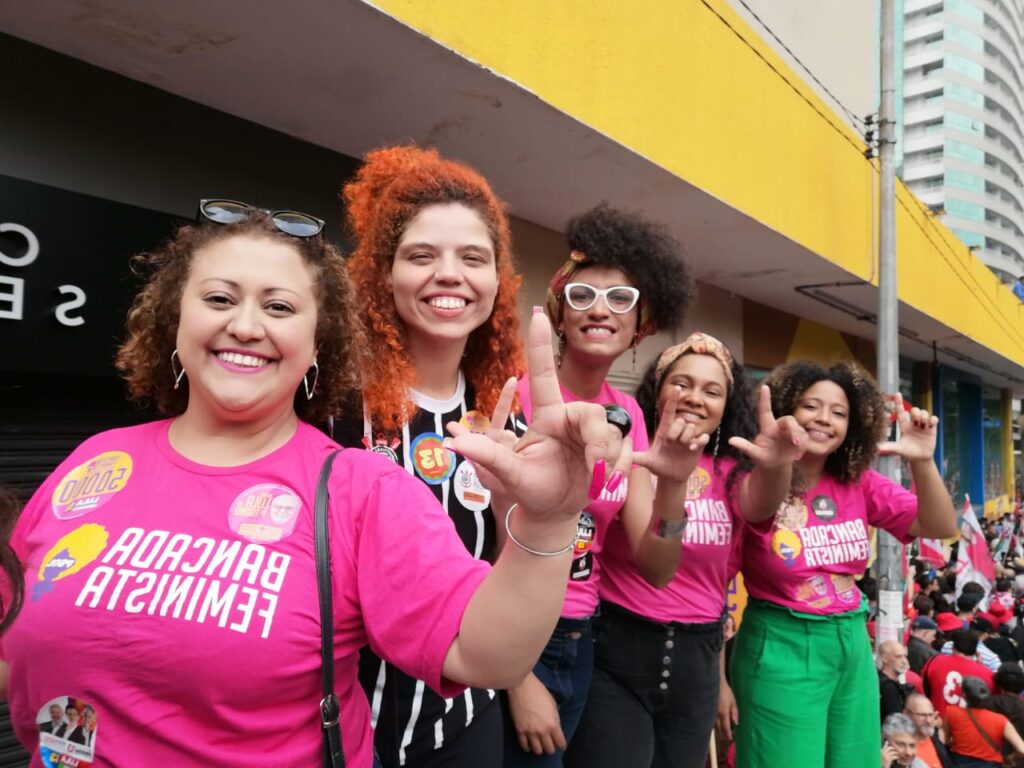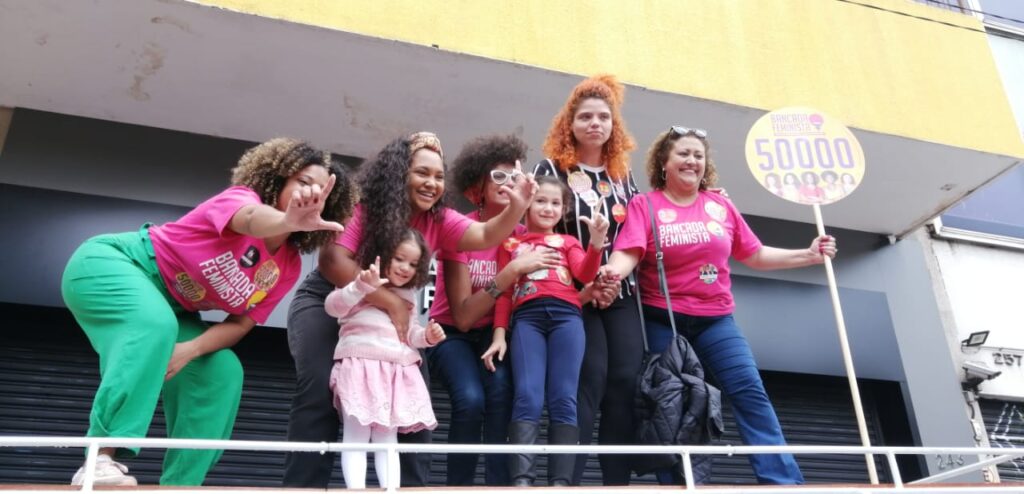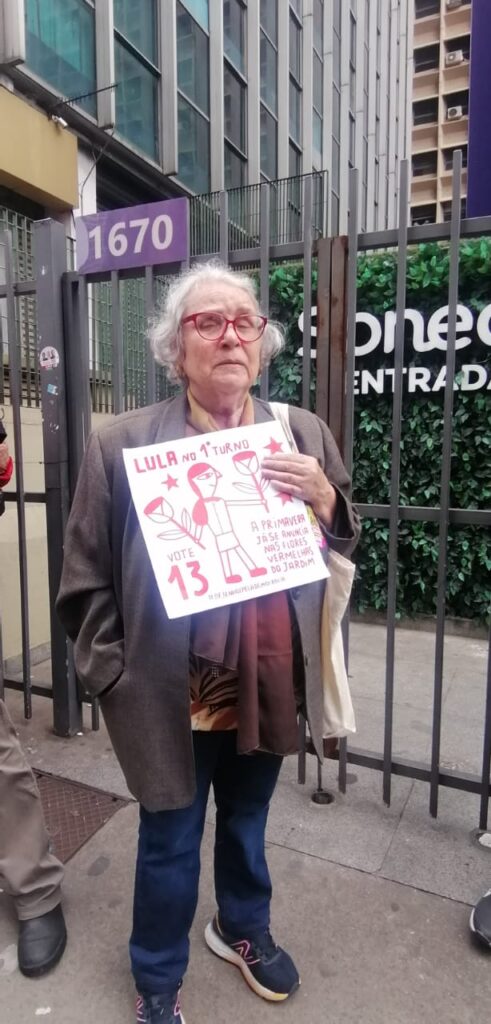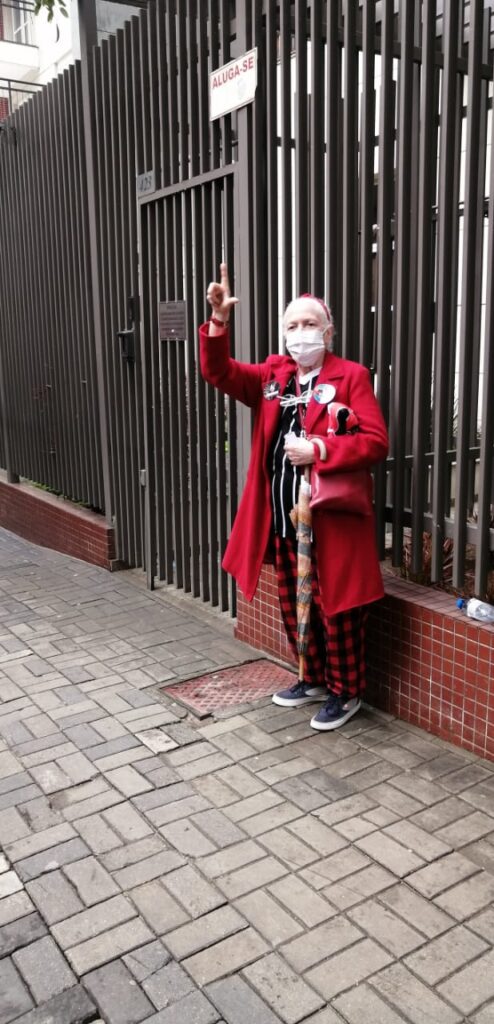A few hours before the start of the elections in Brazil, both the leftist candidate and former president, Luiz Inácio Lula da Silva, and the current president, Jair Bolsonaro, held their campaign closings in the streets of Sao Paulo.

During the morning, in an event called by Bolsonaro, followers of the man seeking a third term in office in the country, toured the streets of the city on motorcycles and cars.
For its part, a tide of colors flooded several hours in advance the corner where Paulista and Augusta avenues converge, the meeting point where Lula would begin a tour in a vehicle, which could barely move forward due to a crowd eager to greet him, shout their support or take a picture of the one they hope will be their next president.
According to some polls such as DataFolha, Lula's voting intention continues at 50 percent, which would place him very close to a victory in the first round, since, according to the electoral law in the country, it is necessary that one of the candidates reaches 50 percent of the votes plus one, otherwise they will face each other again on October 30.

Sao Paulo, the country's main city in terms of population, contains important "bolsonarista" forces, especially among the middle and upper classes, while at the same time containing important poverty belts where the population supports Lula.
The Landless Rural Workers Movement (MST) has pointed out that, in Sao Paulo alone, the homeless population rose to more than 40 thousand people during Bolsonaro's government. Meanwhile, at the national level, there are 150 million workers, of which 72 million are unemployed.
During the various demonstrations and campaign events that have taken place in recent days, people in stores, neighbors where the marches pass by and even homeless people, join the actions, wave colorful flags and shout "Fora Bolsonaro!" while chanting "13! 13! 13! 13!", the number that voters must write down tomorrow on the ballots if they wish to elect Lula as their president.

The noise, the colors, the songs, the flags and the stickers were the common denominator in Lula's walk in which also participated the representatives of the indigenous candidacies like Sonia Guajajara, Afro-descendants like Douglas Belchior, the feminist bench that has a collective candidacy for the local deputy in Sao Paulo, and the leftist leader, Guillherme Boulos, one of the main leftist figures in the region of Sao Paulo.
During a press conference, Lula said he was not afraid that Bolsonaro might not recognize the result if he does not win.

The current president of Brazil has expressed his distrust of the electoral process due to the fact that it is almost completely computerized; however, the various international electoral missions have pointed out the reliability of the electoral process.
This article was produced with the support of the organization Global Exchange in collaboration with Peninsula 360 Press.
You may be interested in: Social networks play important role in Bolsonaro's anti-democratic discourse: specialist




